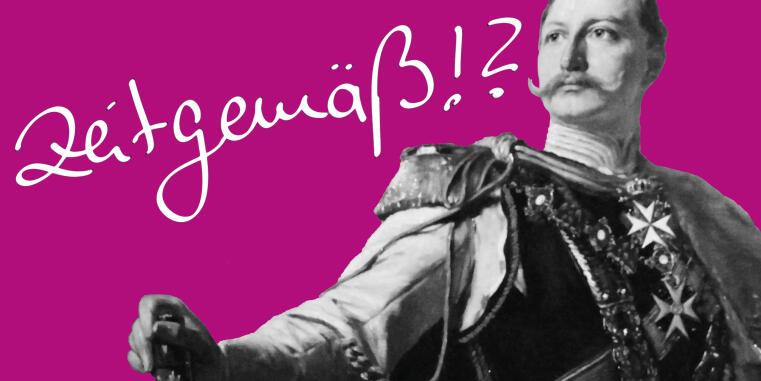What can it mean to refer to Wilhelm II today? For Münster University, the first question to be addressed is whether the (self-)image of Wilhelm II as a friend and patron of the sciences and especially of the WWU stands up to historical scrutiny. In a broader perspective, however, it is also necessary to ask how Wilhelm II is assessed today between the light and the shadow of the Empire. On the one hand, this directs attention to current debates, such as coming to terms with colonialism, problematic forms of Prussian memory or the Hohenzollern controversy, and on the other hand, much more fundamentally, to the question of national culture of memory in a post-migrant society. The EMU's question of how to deal with its namesake in a contemporary way thus touches on important questions for the future of our society. Participants of the panel are:
Dr Hartwin Spenkuch, Berlin-Brandenburg Academy of Sciences and Humanities
Prof. Dr. Hedwig Richter, Professor of Modern and Contemporary History, University of the Federal Armed Forces, Munich
Prof. Dr. Eckart Conze, Professor of Modern and Contemporary History, Philipps University, Marburg
Prof. Dr. Louis Seukwa, Professor of Education, University of Applied Sciences, Hamburg


